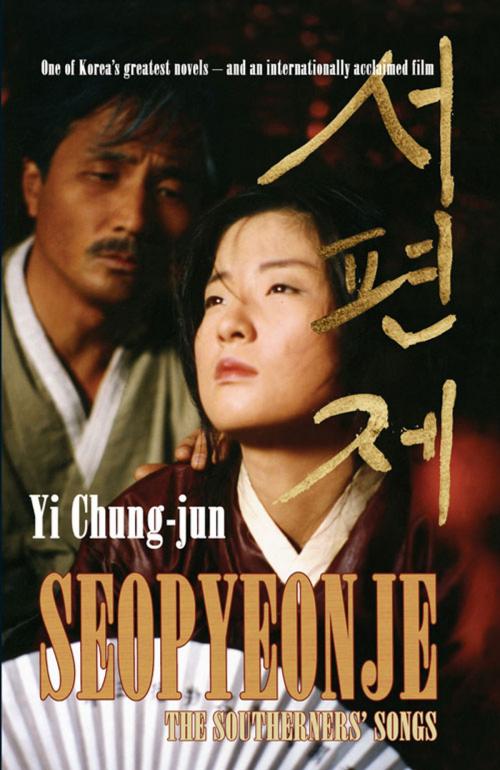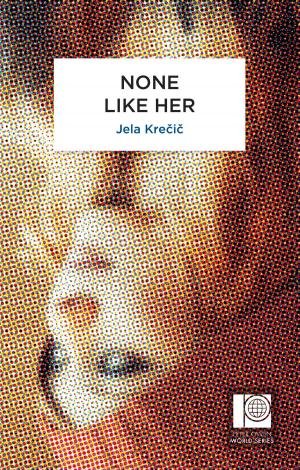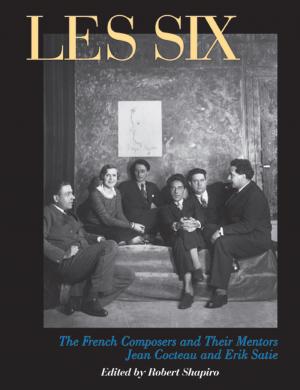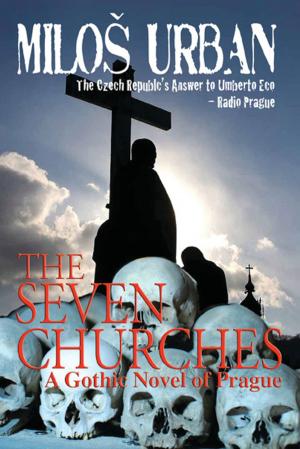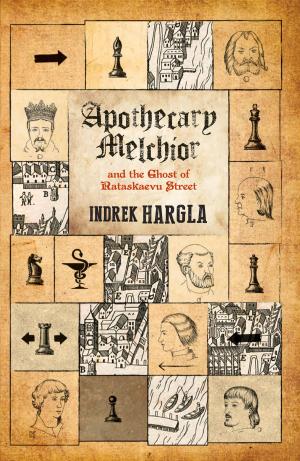| Author: | Yi Chung-Jun | ISBN: | 9780720614992 |
| Publisher: | Peter Owen Publishers | Publication: | July 1, 2011 |
| Imprint: | Peter Owen Publishers | Language: | English |
| Author: | Yi Chung-Jun |
| ISBN: | 9780720614992 |
| Publisher: | Peter Owen Publishers |
| Publication: | July 1, 2011 |
| Imprint: | Peter Owen Publishers |
| Language: | English |
Yi Chung-jun's haunting and disturbing novel is set in the 1950s after the Korean War in the remote south of the country, home of the traditional art of pansori singing, a moving and plangently beautiful style of folk song performed by traveling musicians. The linked stories center on a family of itinerant singers: a boy and his stepfather and half-sister. Believing that his stepfather caused his mother's death, the boy cannot live with the murderous hatred he feels towards him, so he disappears, leaving father and daughter to travel and perform alone. Believing her art can become elevated to the highest standard only by sensory deprivation, the father is said to have blinded the child. Thereafter, she becomes a legendary performer throughout the land. Years later the half-brother arrives in a village and finds his sister in a tavern. He asks her to sing for him, and with his drum accompaniment the two perform pansori songs throughout the night-though never explicitly acknowledging their relationship. So begins an unforgettable chain of events in one of the strangest and most haunting of novels exploring themes such as forgiveness, the redemptive power of art, and modern man's loss of innocence and alienation from traditional values-the values at the heart of Seopyeonje. A magic-realist gem, the novel employs epic myth and fantasy to create a fusion of the real and the fantastic. Yi Chung-jun's story has attained near-mythical status in South Korea, especially with the acclaimed and award-winning film of the novel breaking box-office records on its release in the 1990s.
Yi Chung-jun's haunting and disturbing novel is set in the 1950s after the Korean War in the remote south of the country, home of the traditional art of pansori singing, a moving and plangently beautiful style of folk song performed by traveling musicians. The linked stories center on a family of itinerant singers: a boy and his stepfather and half-sister. Believing that his stepfather caused his mother's death, the boy cannot live with the murderous hatred he feels towards him, so he disappears, leaving father and daughter to travel and perform alone. Believing her art can become elevated to the highest standard only by sensory deprivation, the father is said to have blinded the child. Thereafter, she becomes a legendary performer throughout the land. Years later the half-brother arrives in a village and finds his sister in a tavern. He asks her to sing for him, and with his drum accompaniment the two perform pansori songs throughout the night-though never explicitly acknowledging their relationship. So begins an unforgettable chain of events in one of the strangest and most haunting of novels exploring themes such as forgiveness, the redemptive power of art, and modern man's loss of innocence and alienation from traditional values-the values at the heart of Seopyeonje. A magic-realist gem, the novel employs epic myth and fantasy to create a fusion of the real and the fantastic. Yi Chung-jun's story has attained near-mythical status in South Korea, especially with the acclaimed and award-winning film of the novel breaking box-office records on its release in the 1990s.
